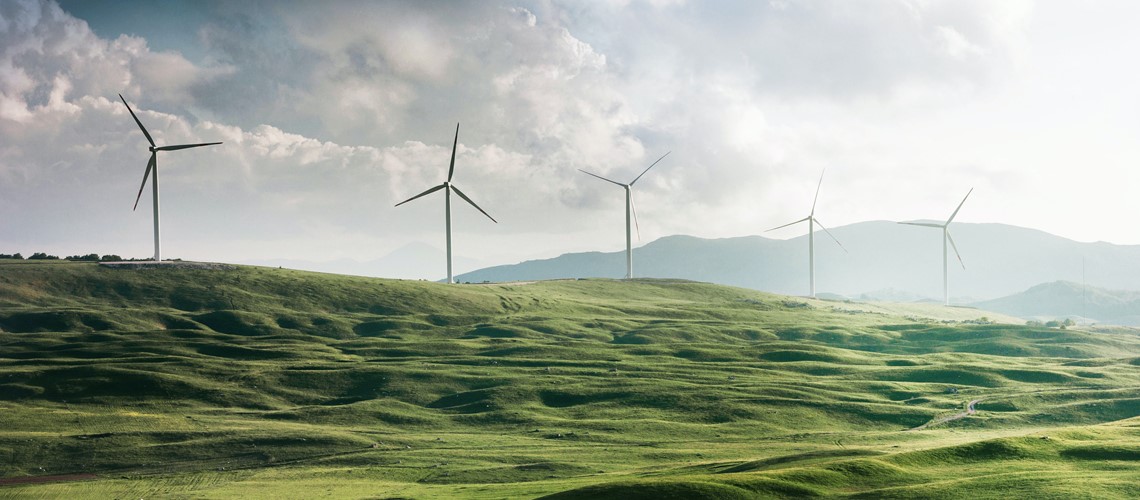The green transition must use your private data - in a responsible way
03. May. 2021

The green transition must use your private data - in a responsible way

Usually, the data discussion is about Facebook and the other tech giants - what do they know about us and what do they use it for?
But not everything that has to do with citizens' data is about marketing and profit - on the contrary, says the director of the national green research center, Center Denmark, Søren Skov Bording:
"Data should not be used headlessly for marketing, and it is not a tool for establishing a monitoring community where the municipality can document which citizen stayed where and when," he states.
"Data, and in our case energy data, is necessary to carry out the green transition, and that is what data is, in my opinion, the real purpose of data," he says.
In Center Denmark, researchers use millions and millions of citizens' data every day. The data comes from more than 100,000 citizens' meters, and thus figures for how much water, electricity and heat each household uses are handed over to Center Denmark's huge data lake.
"We sort the data and use it to form patterns in people's consumption habits, so we can ensure that we use our electricity, water, and heat optimally," explains Søren Skov Bording.
He points out that one way to use the data is to develop apps where ordinary citizens can see their own consumption in real-time:
If there is an abnormally high consumption one day, then it can, for example, mean that there is a leak in a water pipe, which the citizen can have repaired quickly.
In Center Denmark, however, they do not use the data for such specific purposes. This is about integrating the different forms of consumption with each other - with the green transition as the overall aim:
“Today, we often turn off our wind turbines, even when the wind is blowing. This is to avoid producing more power than is consumed. It gives a huge loss of CO2-free energy every year because we have nothing to do with the excess power. But if we could now integrate the energy systems, we would be able to utilize the wind turbines much better - for example by integrating the electricity grid and the district heating network - then we would be able to send the surplus power to the district heating network when the electricity grid is full, ”says Søren Skov Bording.
This is not possible today because the two networks are not connected.
"We can connect them, but we need data to do that."
He explains that Center Denmark has the data available:
“Our starting point is that we want to offer companies access to the data so that they can develop new services that support the green transition. Now we are building the framework around so that it can happen in a proper way, ”says Søren Skov Bording.
Data is private - and they must continue to be
"The work of integrating electricity, water, and heat consumption is quite far away from the tech giants' universe, even though both are about large amounts of data," says Søren Skov Bording.
Still, it is important to take the discussion, and answer the above questions: What do they know about us, and what do they use it for? he means.
The wet dream is that the consumer himself must be able to follow exactly what is happening with his own data and that you as a citizen can also choose who you want to share your data with, and for what purpose. But as a minimum, we must be sure that we know in detail what the consumer data is being used for, ”says Søren Skov Bording.
GDPR legislation has been taken into account. Center Denmark has put time and effort into ensuring that the GDPR legislation is complied with in connection with the sorting work that the center is already doing today. You can pool meters together so that it does not appear which numbers come from which specific household, for example, or you can anonymize in another way.
The important thing, he believes, is citizen involvement:
"We need a democratic conversation that a green society is dependent on knowledge of Mr. and Mrs. Jensen's consumption data - and how we use that data for our common good in a responsible manner and in full transparency, ”says Søren Skov Bording.
